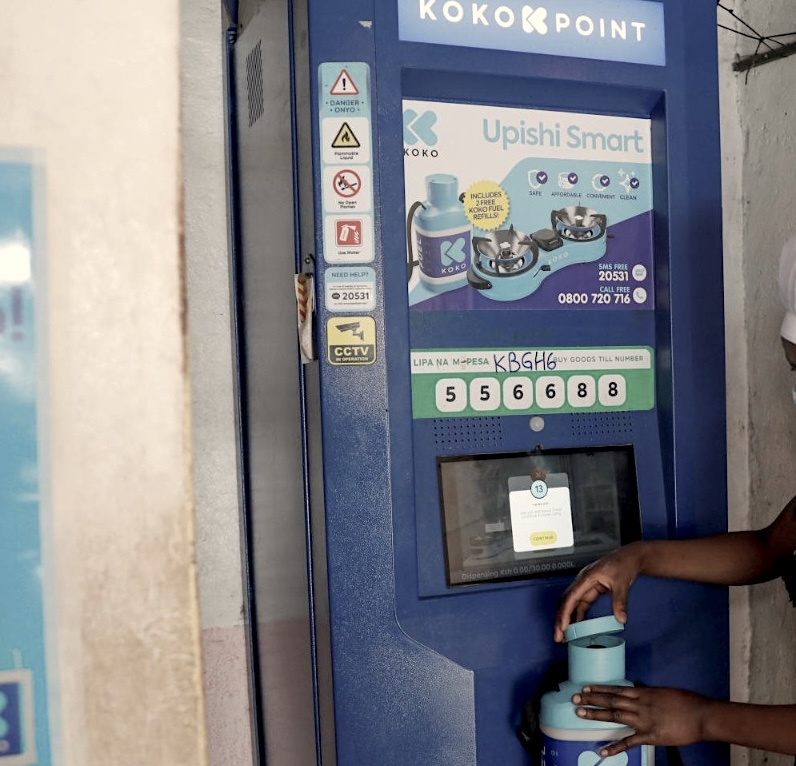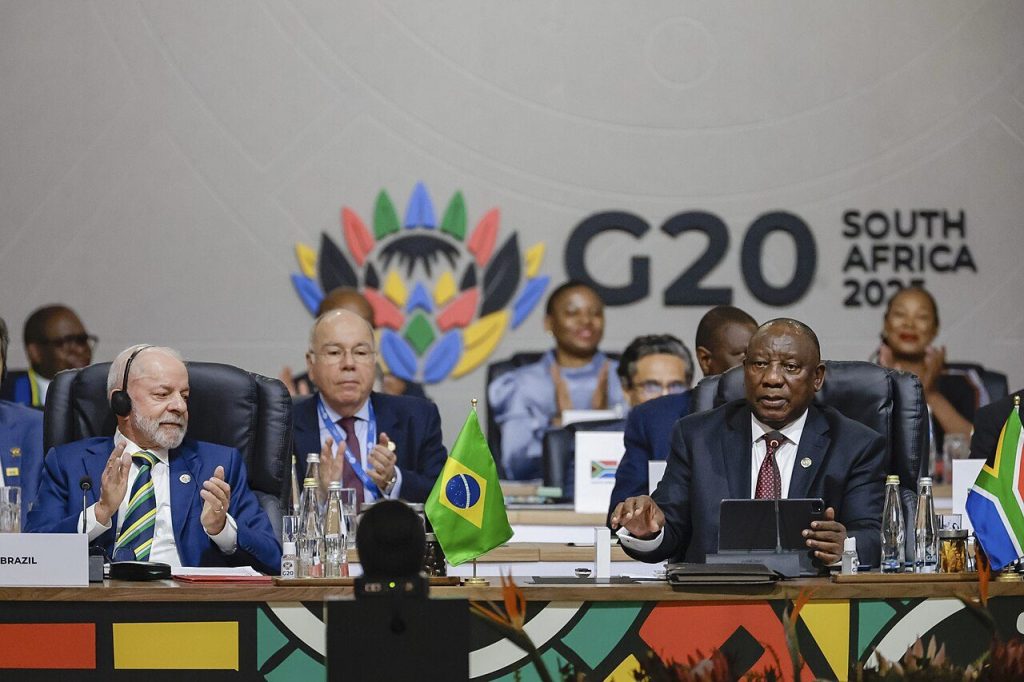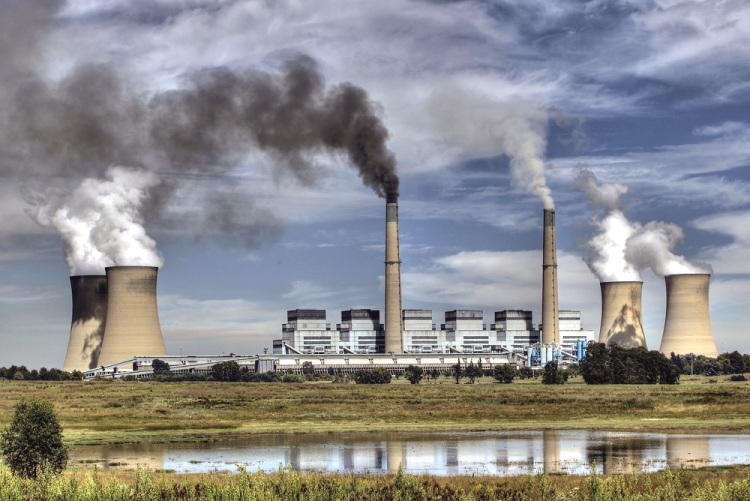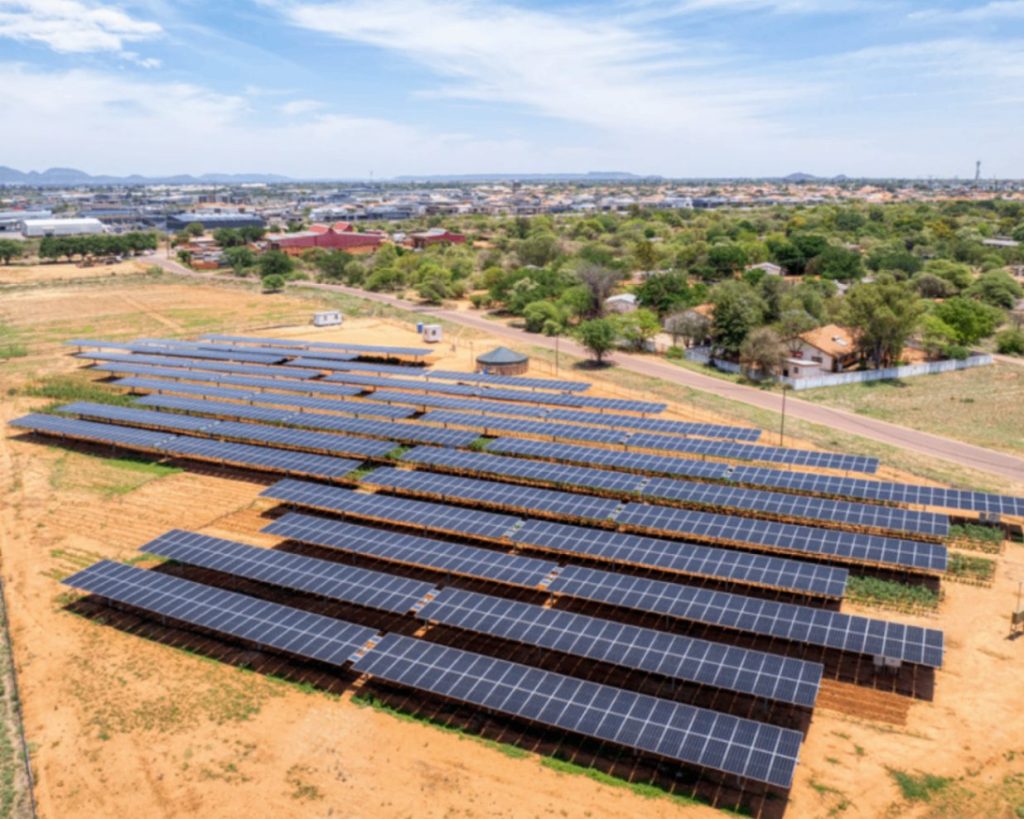There has been much finger-pointing on which countries or regions were responsible for the failure to reach agreement on text to phase out all fossil fuels at COP27 in November 2022. Many have pointed to Saudi Arabia (on behalf of other Gulf States), Iran and Russia as the main instigators, but Canada was also initially opposed to the language. In a Post COP27 press release, German Foreign Minister Baerbock stated “it is more than frustrating to see overdue steps on mitigation and the phase-out of [fossil fuel energy] being stonewalled by a number of large emitters and oil producers.” Similarly EU Executive Vice President Frans Timmermans recently commented that “we are rather disappointed with the outcome of COP27 with regards to mitigation. COP27 merely reconfirmed what we already concluded last year, and we did not address the yawning gap between climate science and our climate policies.”
Yet many developed countries, particularly within the EU, are themselves concluding new fossil fuel deals, barely before the ink has dried on the Sharm el-Sheikh Implementation Plan. For example Climate Home reports that Germany is considering spending €10 billion in investing in 10 new fossil fuel projects, including in Brazil, Iraq, Uzbekistan, Dominican Republic and Cuba. This month QatarEnergy concluded an agreement with the US energy company ConocoPhillips to supply Germany with approximately 2 billion cubic meters of LNG per annum. Civil Society Organisations have also called on the German government to abandon plans to support natural gas production in Senegal. These deals are despite Germany’s pledge to end international finance for coal, oil and gas by the end of 2022, made at COP26 last year.
France restarted a shuttered coal plant at the end of November 2022, as a “necessary evil”. Similarly the United Kingdom recently approved its first coal mine in three decades, to be located in Whitehaven, Cumbria. It is estimated that it will produce 400,000 tonnes of greenhouse gas emissions a year from mining operations alone, in addition to emissions from the use of the coal that is mined. The mine had initially received approval in 2020 but was halted in 2021 following the UK’s presidency of COP26, however last week it was announced that it would proceed.
As reported by Don’t Gas Africa, this year has been replete with new gas deals between European and African countries to make up for a loss of Russian supplies to Europe. During COP27, according to OpenDemocracy, at least 15 new international oil and gas deals were concluded. Eight of those were with African countries. For example, Germany and Egypt concluded a memorandum of understanding to expand liquefied natural gas (LNG) exports. Similarly Egypt entered into an agreement with Germany and the US to bolster its renewables, and amongst other things possibly to push Egypt towards a net zero target but that also, according to a US statement, would “free up over two billion cubic meters of gas” for export.
Famously, at COP27 Nigeria’s president Muhammadu Buhari wrote in the Washington Post “Don’t tell Africa that the world cannot afford the climate cost of its hydrocarbons — and then fire up coal stations whenever Europe feels an energy pinch. Don’t tell the poorest in the world that their marginal energy use will break the carbon budget — only to sign off on new domestic permits for oil and gas exploration. It gives the impression your citizens have more of a right to energy than Africans.”





